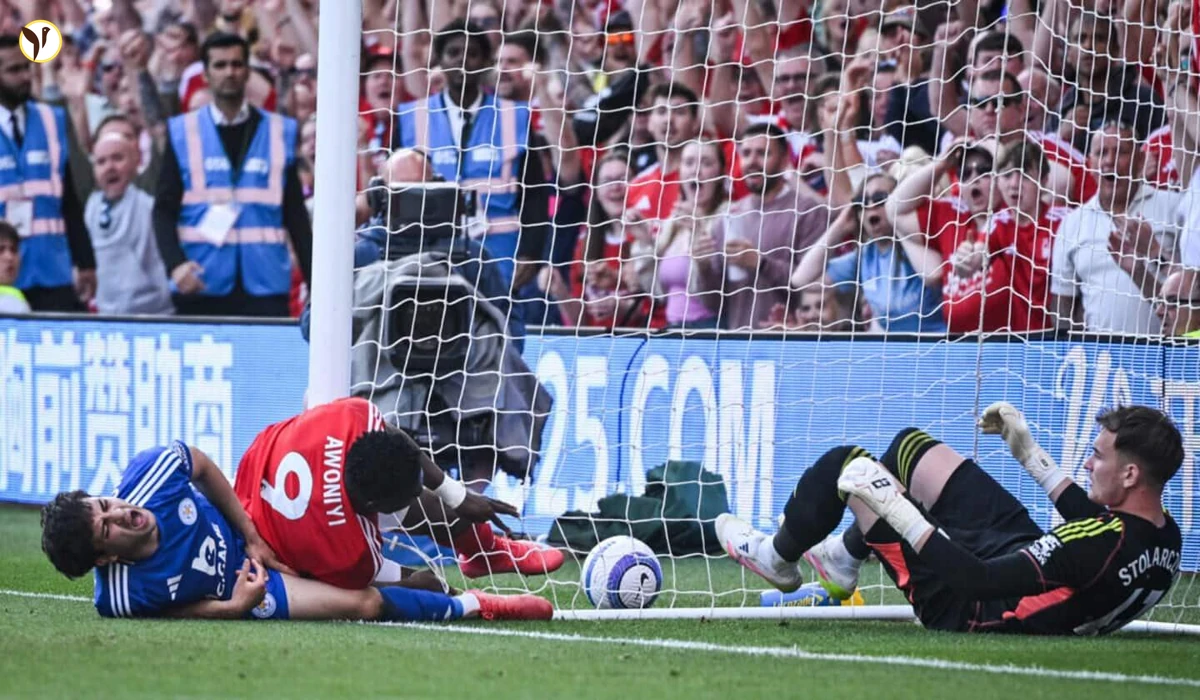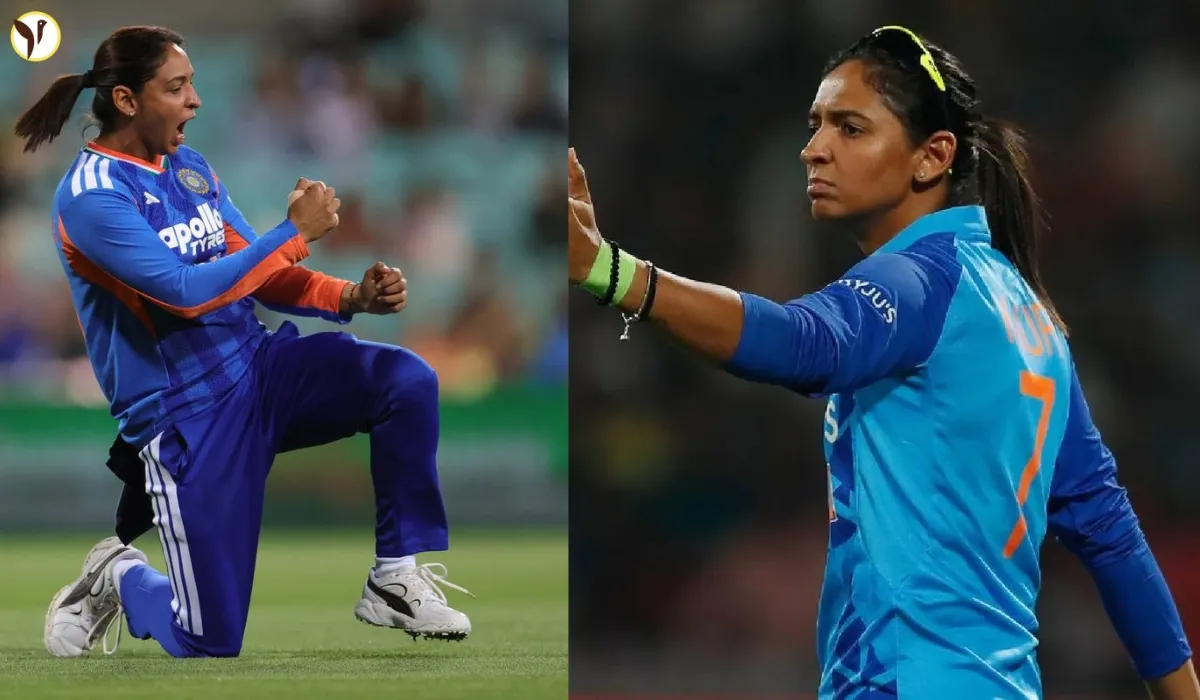Shock as Forest's Awoniyi Fighting for Recovery in Induced Coma
The football world was rocked this week when news broke that Nottingham Forest striker Taiwo Awoniyi has been placed in a medically induced coma following a horrific injury. The 27-year-old Nigerian forward suffered a serious abdominal injury during Sunday's hard-fought 2-2 draw against Leicester City, leaving fans and teammates deeply concerned about his wellbeing.
From Goalpost Collision to Emergency Surgery
What initially seemed like a painful but routine collision has turned into something far more serious. Awoniyi crashed into the goalpost late in the match while attempting a brave header. Despite clearly wincing in pain, he remarkably played on – a decision that's now being scrutinized in hindsight.
Only after more thorough examination did the truly alarming nature of his injury become clear. Awoniyi had suffered a ruptured intestine – an injury rarely seen on football pitches and one that required immediate medical intervention.
- By Monday, his condition had deteriorated enough to warrant hospitalization
- Doctors performed emergency surgery that same evening
- Medical teams made the decision to place him in an induced coma to stabilize his condition and give his body the best chance to heal
While it's easy to panic hearing "induced coma," there is cause for cautious optimism. Club sources have stressed that while Awoniyi's condition is undoubtedly serious, it's not currently believed to be life-threatening. The club released a statement saying he is "recovering well so far" – words that have provided at least some comfort to anxious supporters.
Tension in the Aftermath – What Really Happened?
As if the situation wasn't dramatic enough, rumors quickly spread about a heated confrontation between Forest owner Evangelos Marinakis and manager Nuno Espírito Santo after the match. Was this a club in crisis at the worst possible time?
Not according to Forest. The club wasted no time in firmly denying any bust-up, explaining that both men were simply united in their frustration – not with each other, but with the decision to allow Awoniyi to continue playing despite his visible discomfort. It was concern, not conflict, driving their emotions in that moment.
This whole ordeal raises uncomfortable questions about the extreme physical demands placed on elite footballers. When does determination become dangerous? Who ultimately makes the call when a player should be removed from the field? These aren't easy questions, but they're ones football must continue to grapple with.
A Community Rallies While Questions Linger
The response from football fans has been immediate and heartfelt. Social media has been flooded with messages of support, with even rival supporters putting aside differences to wish Awoniyi well. It's a powerful reminder of how football can bring people together in times of crisis.
Yet alongside the well-wishes, there's been inevitable debate about the medical protocols in place. Should Awoniyi have been substituted immediately? Could this situation have been prevented?
The controversy intensified when pundit Gary Neville weighed in with comments that Forest felt lacked proper context. The club didn't hold back in their response, defending both their owner and medical staff while emphasizing that their sole focus remains Awoniyi's recovery. Many Forest supporters rallied behind the club, criticizing Neville for what they perceived as a rush to judgment on such a sensitive issue.
"When something like this happens, everyone becomes a medical expert in hindsight," one club insider reportedly said. "But these decisions are made in real-time, with limited information."
The Road to Recovery
Where does this leave Awoniyi and Forest? The striker's absence will undoubtedly be felt on the pitch – he's been a crucial player for the club since joining from Union Berlin. But football takes a distant second place to his health right now.
No timeline has been given for his recovery, and it would be irresponsible to speculate. What's clear is that his journey back to full health will require time, expert medical care, and the support of the football community that has already rallied around him.
This frightening incident serves as a stark reminder of the physical risks footballers take every time they step onto the pitch. While we often talk about the game in terms of tactics, transfers and trophies, it's moments like these that bring perspective – reminding us that beneath the shirts and behind the statistics are human beings putting their bodies on the line.
For now, the football world waits, hopes, and sends its collective energy toward Awoniyi's hospital room, willing him toward a full recovery that would mean far more than any on-field victory.









